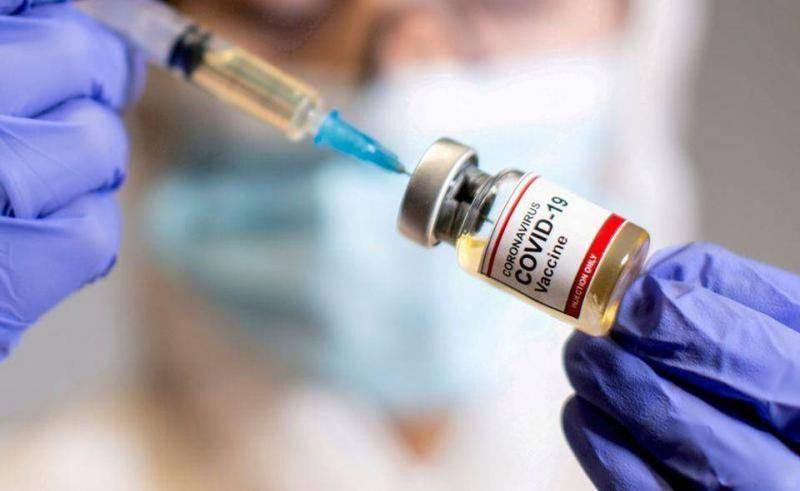After a difficult period during which people worldwide suffered due to the COVID-19 pandemic, individuals who test positive for the virus no longer need to routinely isolate from others for at least five days as was previously the case. The U.S. Centers for Disease Control and Prevention (CDC) issued new guidelines yesterday, freeing those infected from isolation, which contradicts a previously enforced global strategy deemed essential by experts for controlling the spread of the infection.
The CDC clarified that it is updating its recommendations for COVID-19 to align them with its guidance for other respiratory infections, such as influenza and respiratory syncytial virus. During a press conference yesterday, agency experts mentioned that providing a single set of unified guidelines will make it easier for people to adhere to them, according to CNN.
They emphasized that individuals diagnosed with COVID-19 should "stay home" until they have been fever-free without medication for at least 24 hours and their symptoms improve. After this period, normal activities can be resumed, but precautions should be taken during the five days following infection—including improving ventilation, wearing masks, and reducing close contact with others to minimize the risk of spreading the virus.
These enhanced precautions are particularly important for individuals who interact with specific groups, such as the elderly or those with compromised immune systems, like cancer patients. The CDC director, Dr. Mandy Cohen, explained that the agency altered its guidance because a significant portion of the U.S. population has now acquired some immunity to COVID-19, resulting in the country no longer experiencing large waves of infection, hospitalization, and death from the virus.
Conversely, some experts rejected the new recommendations. Dr. Ellie Murray, an assistant professor of epidemiology at Boston University School of Public Health, argued that while it is reasonable to want to treat COVID-19 like other respiratory viruses, one cannot simply ignore the science. She highlighted the necessity of adhering to safety guidelines to prevent the virus from spreading again, stating, "We have learned a lot about how respiratory diseases spread and the best ways to control them during the pandemic. However, instead of applying these lessons to help protect people from other diseases like influenza, this rollback of precautions sends a harmful message."
Dr. Eric Topol, founder and director of the Scripps Research Institute, expressed his disagreement with the notion that there should be no exceptions for COVID-19. He stated, "The extensive evidence over the past four years tells us that this virus is a much more serious illness than influenza, which lacks seasonality, continues to evolve, and has caused long-term illness for tens of millions worldwide." It is noted that during the pandemic's peak in 2021, there were 2.5 million hospitalizations due to COVID-19, and by 2023, this number had decreased by 60% to 900,000 hospitalizations.




